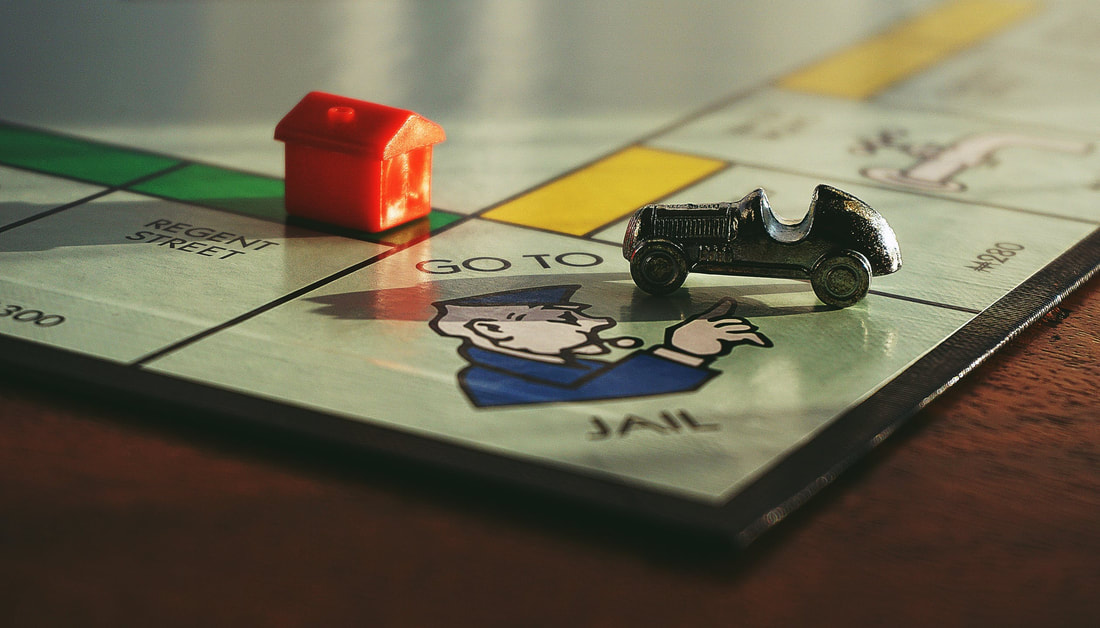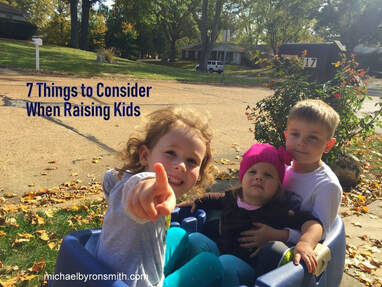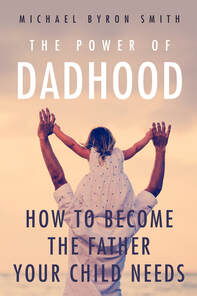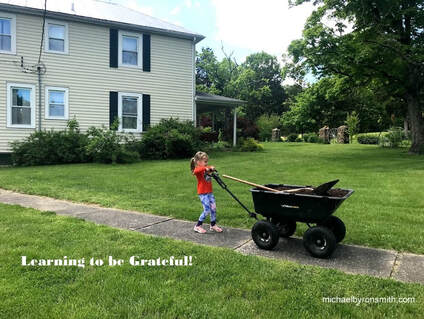 Pexel.com photo
Pexel.com photo
You can read more helpful articles on parenthood at Michael Byron Smith's Helping Fathers to Be Dads blog.
Helping your kids stay engaged and learning at home has always been important. But after the kind of year we all had, it’s never been so essential. Whether your children are participating in remote learning, attending school in-person full-time, or doing a hybrid of the two, it’s safe to say that things are different since the pandemic rolled into the picture. To help harried parents everywhere, Michael Byron Smith offers the following ideas on how you can keep your kids entertained and educated through indoor activities at home:
Turn to art.
One of the most fun and engaging ways for children to spend time is through art! Whether it’s crafting, painting, sewing, drawing or working with clay, give your children the opportunity to explore their creativity. You can even sign them up for online art classes so they can get some extra instruction or inspiration.
Decorate your home.
Decorating may not sound like the most fun thing for your children. But it’s a great way for them to strengthen their organizational skills. And if you involve them in the process of picking out decorations, they might find that it’s a great way to use their creativity. Whether it’s Halloween, Thanksgiving, Christmas, or general seasonal decorations, get with your kids to come up with a plan, and head online to find whatever you need. Then, set aside time on the weekend to put on some music and transform your home!
Make reading an hour a thing.
In an age when we are surrounded by technology, sometimes it can be refreshing to unplug and take time to read a book. Schedule reading time with your kids where everyone takes turns reading aloud. There’s no end to the different books out there for all ages, and reading is a fundamental activity for learning and development. If you want to add an incentive to reading, consider looking at reading tablets so they can have a wealth of books at hand.
Order some classic games.
Remember the classic games like Monopoly, Scrabble, Go Fish, and Uno? Board games and card games like these can provide hours of fun and education for your kids. For example, Monopoly (or Monopoly Junior) can teach your children math and money-management skills. Scrabble (or Scrabble Junior) can help your children develop a stronger vocabulary.
Moreover, card games like Go Fish and Uno are fun for teaching younger kids about numbers and patterns. You might have these games laying around the house, but if you don’t, you can order them from any number of online stores and have them shipped straight to your door.
Allow gaming.
Yes, that’s right—let your kids participate in online gaming. This doesn’t mean to allow unlimited screen time in your household. But in moderation, gaming can yield a variety of cognitive benefits for children, such as improved concentration, memory, coordination, and problem-solving skills. While gaming can provide your kids with a break from schoolwork and chores, certain games can even help them learn and strengthen their social skills. If you decide to let your children pick up online gaming, however, make sure you have an internet connection that’s up to the task.
Spend time building.
Building challenges are another great way for kids to learn while having fun. Legos come in a variety of forms, from standard sets to themed sets like Star Wars, Disney princesses, and Marvel. Some of the primary skills that can be sharpened through building challenges and free play include problem-solving, creativity, and fine motor skills. Furthermore, if you want to foster your kids’ patience, hand-eye coordination, and manual dexterity, set up a Jenga challenge.
If your family is spending more time in your home these days, it’s important to have some fun and educational activities that you and your children can engage in. Remember to try online gaming, decorate your home, and read books more often. Pull out the old board games and card games, and have your kids do a Lego and/or Jenga challenge from time to time. Just because your children’s school year looks a lot different than in years past doesn’t mean that they can’t keep learning in entertaining ways.
Appreciation to Lacie Martin of Raise Them Well for this article.














